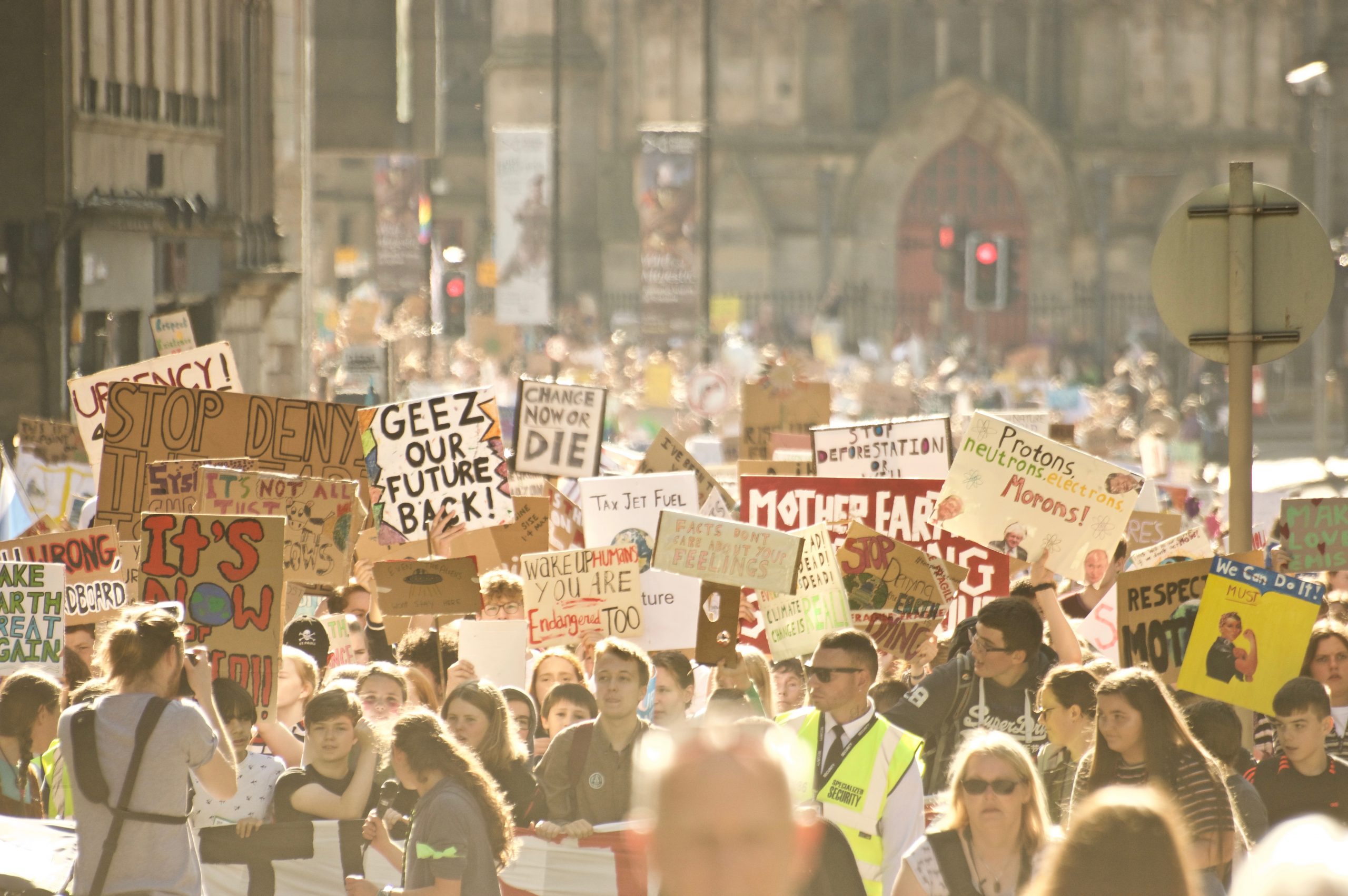
IPCC report – climate science demands energy transformation and halt to fracking
Commenting on the publication today of the Intergovernmental Panel on Climate Change (IPCC)’s 5th Synthesis Report, Friends of the Earth Scotland Head of Campaigns Mary Church said:
“The science is clearer than ever that unless we rapidly shift away from dirty energy our planet is on course for devastating climate change. World leaders have agreed that we shouldn’t let temperatures rise by above a dangerous 2°C, yet scientists agree that we are on course for an absolutely catastrophic 7.8°C by the end of the century if we continue business as usual.
“Climate science and global justice demand that we leave the vast majority of known fossil fuels in the ground and focus instead on transforming our energy systems to run on clean renewable sources. In this context, the pursuit of the fracking industry is just about the most irresponsible thing Governments could be doing.”
The report published today in Copenhagen is known as the “Synthesis Report” and builds on three reports released by the Intergovernmental Panel on Climate Change (IPCC) throughout 2013-2014.
The IPCC is a senior UN panel made up of thousands of scientists, and this report marks its fifth “assessment” since 1990 of the state of climate science and knowledge.
Church continued: “A clear finding of the IPCC is that to solve climate change at an international level will require the transfer of resources and technology in the order of hundreds of billions of dollars a year to make this transformation happen, this is what is known as the ‘climate debt’ of the rich to the impoverished.”
“The transfer of these resources will allow us to build the community-controlled democratic energy systems we need to fight poverty and climate change at the same time.
“We urge the Scottish Government to listen to the science and use their existing powers to stop unconventional gas drilling and fracking in Scotland, focusing instead on our abundant renewable resources.”
ENDS
Notes to Editors
1. The IPCC Synthesis Report is available at: http://ipcc.ch/index.htm
The UN report builds on three previous reports, one released last September that focused on the physical science basis of climate change and another in March that outlined the experienced and projected impacts of climate change, and one in April on how to reduce climate pollution (known as ‘mitigation’).
2. A summary of what the IPCC says about climate change is available at: http://goo.gl/ZEXrAc
3. Stories and images of struggles to transform our energy systems are available at: www.reclaimpower.net
